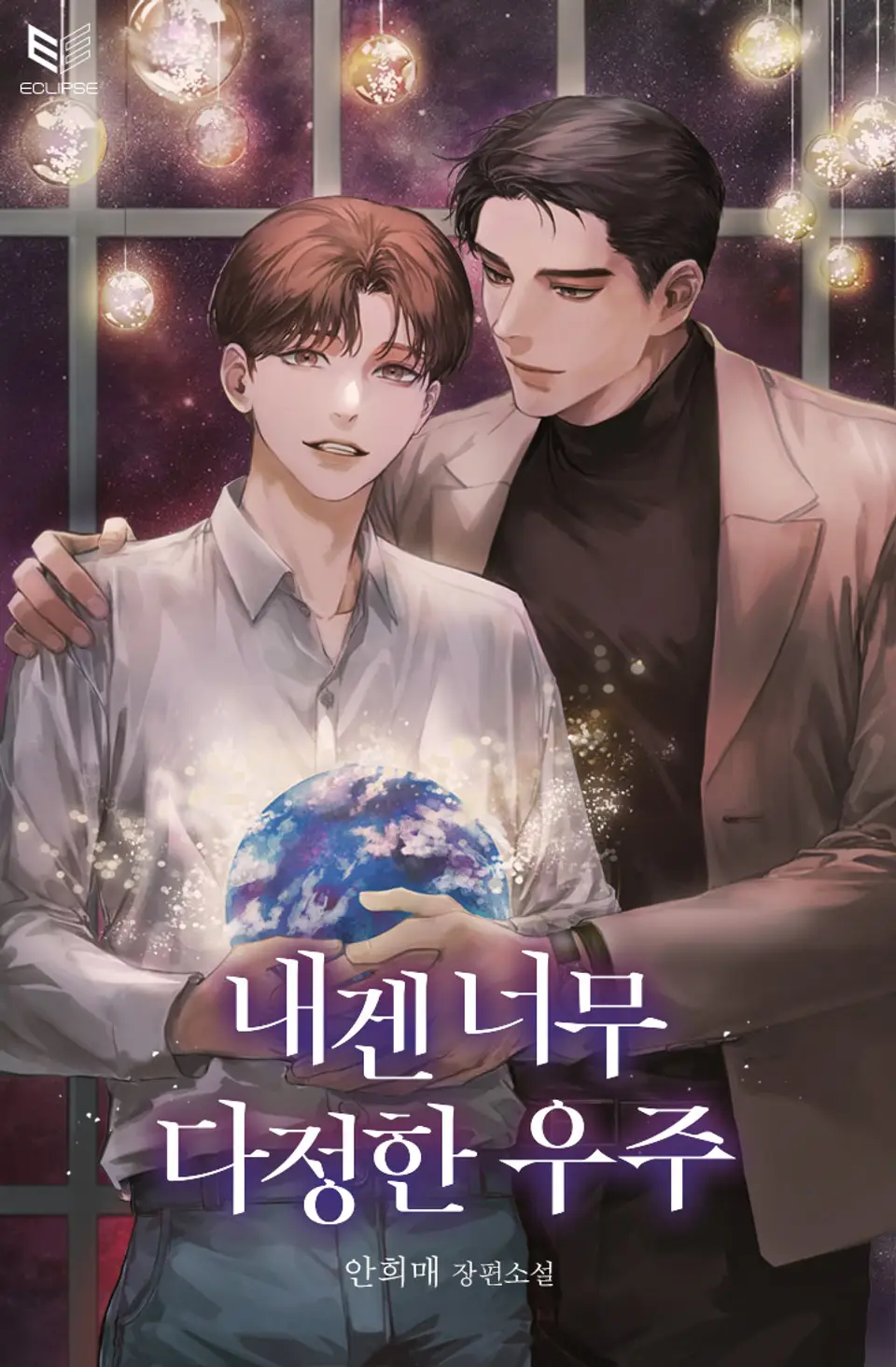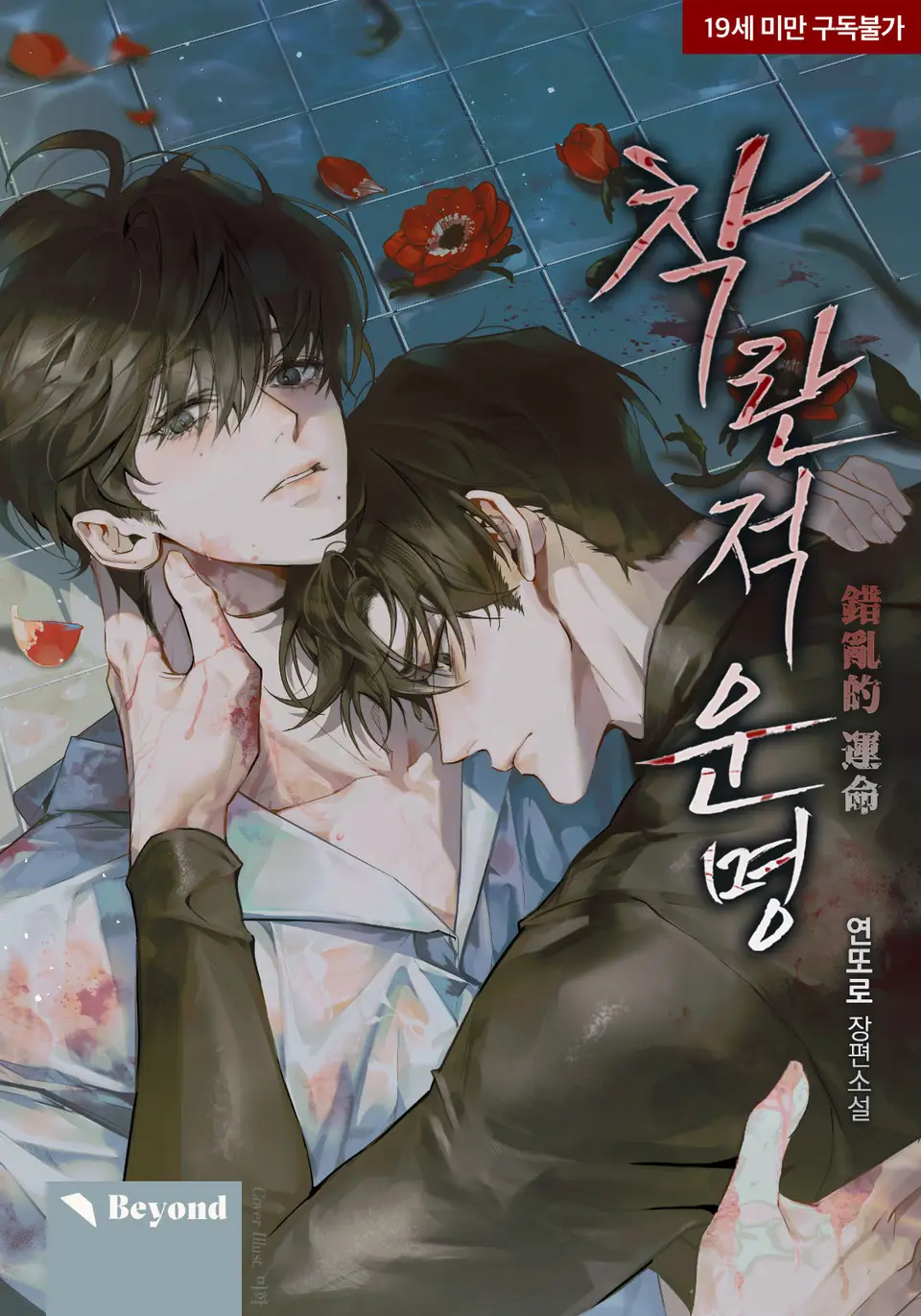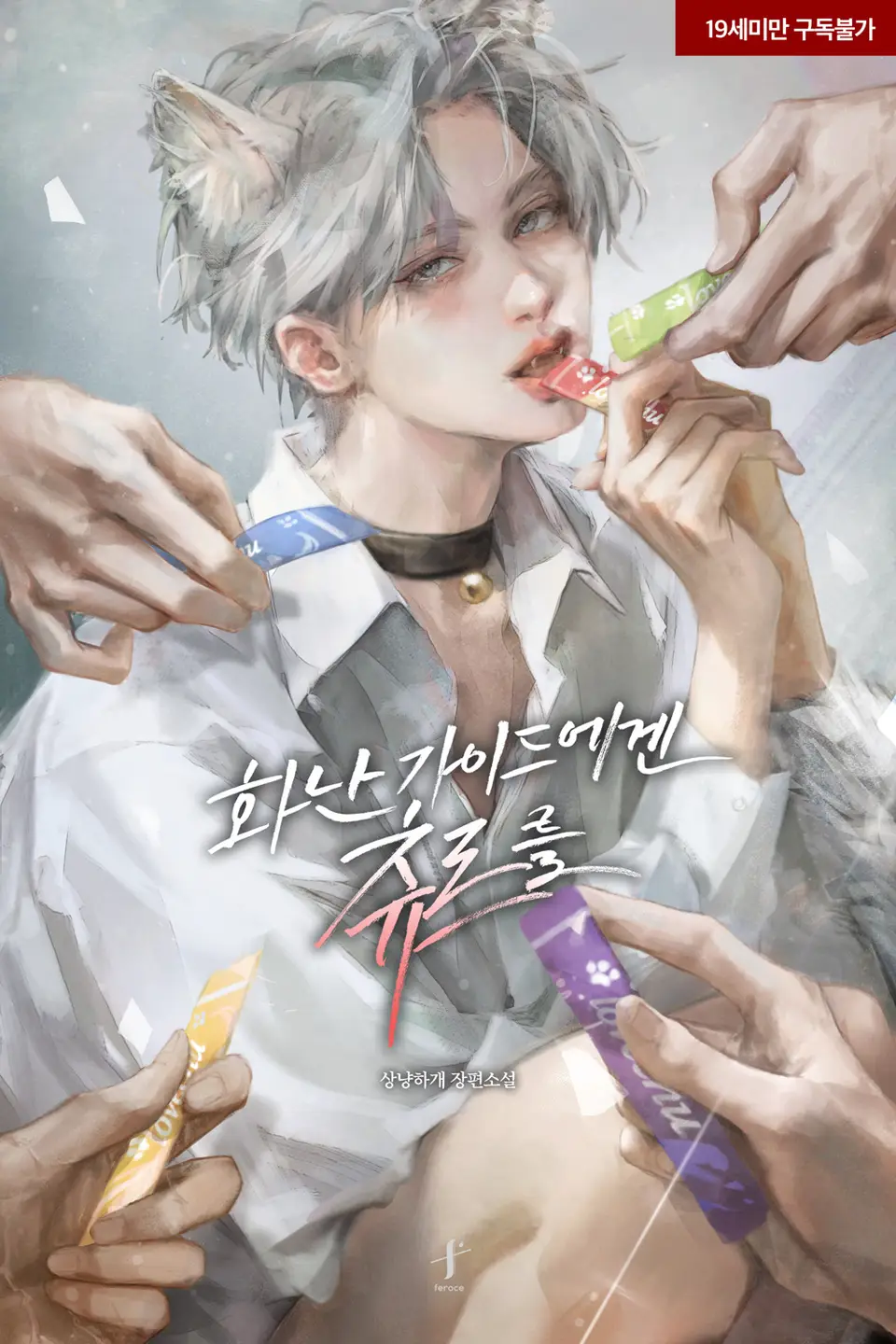# Chapter 2
The meteorite, named ‘Gyeongbuk Chilam Meteorite,’ fell into the sea in front of Hwiseo’s village two weeks ago. When he first heard the loud noise, he thought war had broken out. That should never happen, but he had imagined it anyway. However, he never dreamed, even in his sleep, that a star from space would fall into the sea in front of where he lived.
The shock wave that came with the tremendous explosion destroyed Hwiseo’s small village. There was no unbroken glass left in homes and shops. The good news was that while people were injured by glass fragments and knocked over by flying objects, no one was seriously hurt.
At the time, the glass shop owner complained about all his merchandise breaking, but now he was busier than anyone else in the village. Thanks to that, the windows of Hwiseo’s shop were still covered with wooden boards.
[When meteor showers fell in Russia, there were even new jobs created called “meteor hunters.”]
[Meteor hunters? The name sounds romantic, but just how valuable are these meteorites that there’s a professional job just for finding them?]
[At that time, because of their rarity, they were worth 40 times more than gold. They went for up to 2.4 million won per gram.]
[My goodness. Maybe I should stop what I’m doing and go collect meteorites. But I guess it would be difficult to gather meteorites in our country since they fell into the sea.]
Hwiseo was staring at Russia’s multi-billion won stones like he was in a trance when his phone rang, and he quickly turned off the TV. The current source of income was more important than pie in the sky. The caller was the village chief.
“Hello, Bongdeok?” said the chief.
“You’ve called the wrong number,” Hwiseo replied.
“Huh? Oh, that rascal. Alright, Hwiseo. You know to come to my house at 2 PM today, right?”
“Yes.”
The village chief laughed heartily and reminded him not to be late for the appointment. Hwiseo hung up the phone and finished the rest of his meal.
The busiest person because of this meteorite wasn’t an astronomer or government official. It was Hwiseo’s village chief. He had been living a celebrity life recently with interview requests pouring in from various broadcasting stations and YouTube channels. Today, he said visitors were coming from America. Among the people the chief knew, Hwiseo was the only one in the village who had gone to college—although only for a year so far—and could speak English. Hwiseo took pride in being fairly good at English without having studied abroad. But since his conversational skills came from watching American TV shows, he was worried about what would happen if specialized terms about space and astronomy were needed. That’s why he had been watching the news.
“If they’re scientists or something, they would have brought their own professional interpreters, right?” Hwiseo muttered while chewing his food.
He was a bit worried, but he had immediately accepted the village chief’s offer for the nice part-time pay.
As Hwiseo was clearing the dishes in the kitchen, his father came in and busily prepared coffee. Even to Hwiseo, his father seemed out of place in this fishing village laundry shop. According to the old lady at the soup restaurant, his father’s delicate appearance was clearly different from the men here who lived facing the sea breeze. Looking at his father’s pale face, Hwiseo said:
“I’m definitely going to succeed and make you comfortable, Dad.”
Hwiseo said as he hugged his father from behind. “My precious Bongdeok,” his father patted his son’s hands and replied. Hwiseo buried his nose in his father’s back. And he imagined his father when he was Hwiseo’s age.
His father had given up his dreams for Hwiseo. Once, he had been a young man full of dreams who stood on stage, even if it was just in small plays. Some might think he merely took responsibility for the life he chose, but there were many people in the world who didn’t take even the smallest responsibility and only blamed others. There might be children somewhere whose father was that troublesome man from earlier.
“Are you going straight to the village chief’s house?” his father asked.
“Yes. By 2 PM.”
“Our Bongdeok is the best at English in the village. You memorize and sing pop songs, and watch American dramas without subtitles.”
“That’s nothing to brag about,” Hwiseo replied primly, poking his father in the side. “Not Bongdeok, Hwiseo,” he corrected. Bongdeok was Hwiseo’s original name given by his mother, who had no sense for names. When Hwiseo started elementary school, children made fun of his name with nicknames like “real estate office,” “moron,” and “rice cake.” Eventually, for better social relationships and status, he legally changed his name to Lee Hwiseo as soon as he entered middle school. The fortune teller who helped choose the name said family members should use it often. Secretly, he liked being called Lee Bongdeok by his father, but he always corrected the name anyway.
Hwiseo took the tray from his father’s hands and greeted the elderly “fighting squad” while handing out cups of coffee. The flower shop owner who sold seedlings and potted plants smiled and asked:
“I heard Hwiseo chased someone away?”
“There was nothing to chase away. I just showed them the camera footage, and they left.”
“It’s reassuring to have Hwiseo here. When Hwiseo went to Seoul, the village felt empty.”
Hwiseo had taken a break after attending university in Seoul for a year. He had only one goal in life: to graduate from the theater and film department and become an actor. He had already prepared an acceptance speech for when he would receive an award at a film festival someday. Hwiseo could vividly imagine that future moment as if it had already happened.
‘My father’s dream became my dream, and tonight we’ve achieved both our dreams. I dedicate all this glory to my beloved father.’
Hwiseo had been in the drama club throughout his three years of high school and participated in the Youth Theater Festival hosted by the Education Office every year. In his second year, he also made a film while participating in a local youth film production program, and that film was submitted to a local youth film festival. That’s how Hwiseo entered the Department of Theater and Film with the highest score, even beating a classmate who had been a child actor.
The reality in Seoul, which seemed like instant success was within reach, was harsh. He struggled with living expenses. He couldn’t tell his family. He knew his father’s income. In an aging fishing village, fewer and fewer people brought clothes for dry cleaning. After his final exams ended, he visited home without notice and saw his father eating rice with just kimchi and water. That’s when he decided to take a break from school. After returning to his hometown, Hwiseo took on various odd jobs in the village. He also tried working at fast food restaurants and cafes in town, but the pay was low and transportation costs were too expensive. Although irregular work was a problem, there were many jobs in rural areas that needed young workers.
The soup restaurant grandmother patted Hwiseo’s bottom. Looking at Hwiseo’s shy smile, she took out money from the pouch at her waist and handed it to him.
“You good boy, go to that coffee shop and buy yourself an Ameri-something,” she said.
Hwiseo laughed and accepted the 10,000 won with both hands. He bowed deeply and said he would buy the most expensive and delicious coffee. The elderly people enjoyed Hwiseo’s simple actions as if they were watching cute antics.
* * *
Radish greens were hanging over the wall of the village chief’s house. This was an everyday sight. But the blue sports car parked next to the wall covered with dried greens was not. Though he had never seen one in person before, Hwiseo knew it was a very expensive foreign car. He stopped walking, struck by the stark contrast. Without realizing it, he walked a complete circle around the car. It looked like the miniature toy cars he played with as a child, but it radiated luxury. While he was staring blankly, there was a “ding” sound, and the driver’s side door went up instead of out. Hwiseo’s head moved upward to follow it.
“Wow. It doesn’t open, it goes up,” he muttered unconsciously.
The man who got out of the car looked at Hwiseo with indifference. Only then did Hwiseo notice the person rather than the car. He was a very handsome man, but what stood out more was his well-balanced physique. Like other high school boys, Hwiseo had gone to the gym during summer vacation. His friends praised Ronnie Coleman’s monster-like muscles, but Hwiseo’s role model was Ronaldo. The agile muscles that supported flexibility, power, and endurance—what a concept! But Hwiseo had to accept that he and Ronaldo were racially different and end his short two-month beginner gym period. Now, the man in front of him, wearing just a plain gray sweatshirt and dark jeans, was making Hwiseo question, “Was it really a matter of race?” Hwiseo unconsciously hunched his shoulders in front of the tall man.
“Hwiseo!”
He turned around when he heard his name called. It was the village chief, along with a white man wearing glasses with bright eyes. The foreigner introduced himself as Mikhail Onegin, a Russian-American, and told Hwiseo to call him Misha for short. After exchanging greetings with Hwiseo, Misha suddenly seemed to remember the man standing blankly in front of the sports car and called him over. He explained that this was a friend who had followed him without being part of the plan. The man sighed as if he had much to say but was holding back, bowed his head to the village chief and Hwiseo, and then said to Misha in a low voice:
“Who’s being stubborn? Do you only use your brain for studying?”
“Who do you think came all this way by bus and taxi? I can take care of myself just fine. Don’t talk about me like I’m helpless.”
Misha put his hands on his hips and puffed out his chest. With a confident expression, he opened a book titled “Korean Travel Conversation in One Hand.”
“If you do this, I become very obvious,” Misha said to the two Koreans.
What is he saying? Hwiseo avoided eye contact without answering. The man introduced as a friend sighed heavily.









